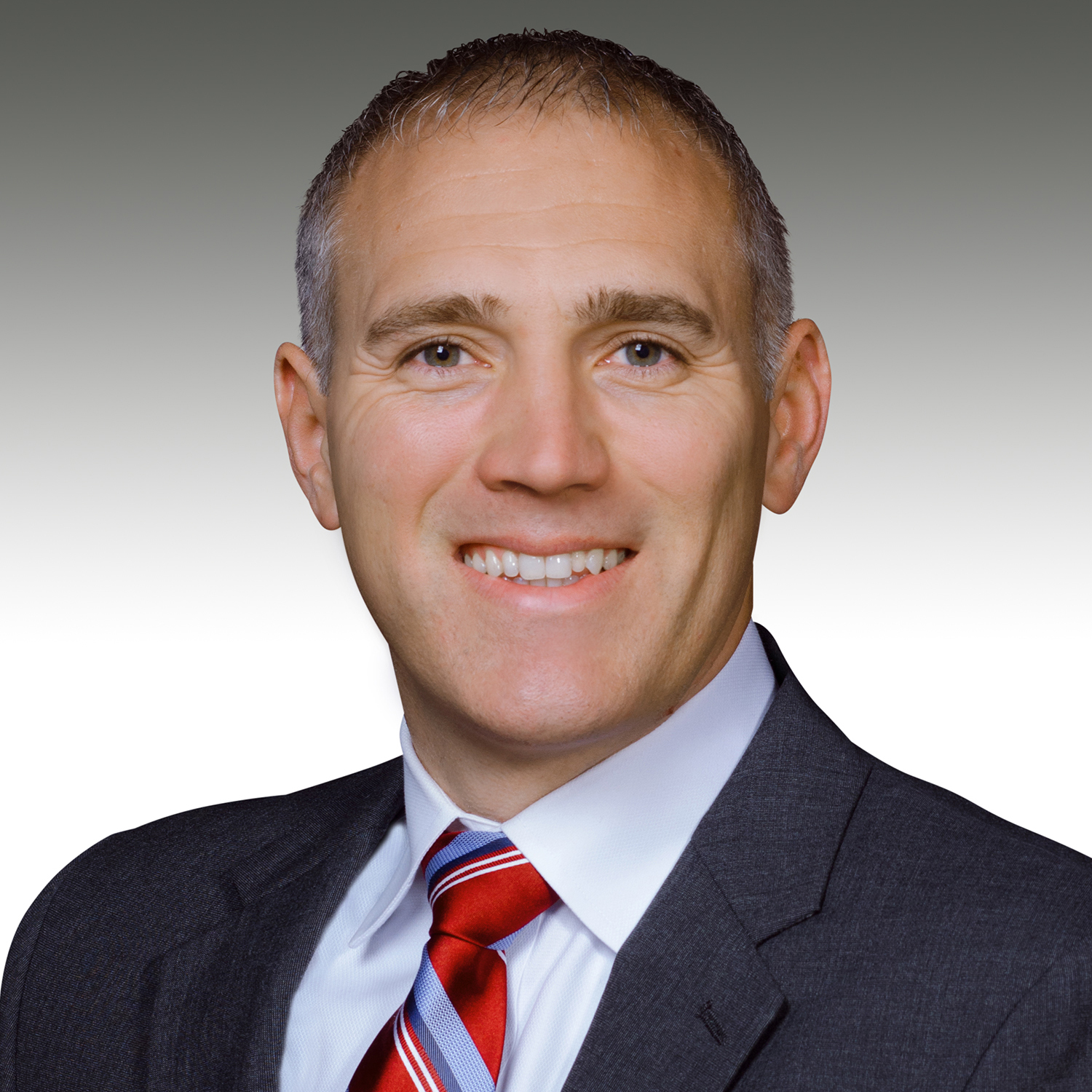
Bobby Moyer, CFA, CFP®, CAIA Chief Investment Officer
It’s one of the most important decisions you’ll make in your financial life, if not the most important decision. We’re referring to your choice of a financial advisor. The benefits and rewards of making a good choice are tremendous. Namely, you will have a better chance of meeting your goals and enjoy long-term financial security.
But how do you go about the process of choosing a financial advisor? Here are six questions you should ask any potential advisor before making a decision.
1. How do you get paid?
There are two primary compensation models for financial advisors: commission-based and fee-based. As the name implies, commission-based advisors earn their compensation by selling financial products on which they receive a commission. Conversely, fee-based advisors earn their compensation by charging fees for their services.
There’s one potential problem with the commission-based model: It can result in conflicts of interest. This would happen if the advisor receives more compensation for selling some financial products over others. This incentivizes the advisor to sell products with the higher commissions to increase his or her compensation, but these products may not be the best products for your situation. Therefore, it’s usually best to work with an advisor who is fee-based.
2. Are you a fiduciary?
When it comes to providing investment advice, financial advisors practice one of two standards: fiduciary standard or suitability standard. A fiduciary has a legal obligation to make investment recommendations that are in your best interest. A non-fiduciary advisory, meanwhile, only must make recommendations that are “suitable” for your needs at that particular time.
The suitability standard is far less stringent than the fiduciary standard. It’s critical that you ask a potential advisor this question before making a decision. If an advisor isn’t a fiduciary, he or she should explain why not.
3. Do you take custody of client assets?
In most situations, it’s best if the financial advisor does not take custody of your assets. There have been situations where advisors, who control their clients’ assets, have stolen their client’s money. Instead, assets should be held by a third-party custodian to remove the possibility of theft or misuse by the financial advisor.
4. What is your investment philosophy?
Financial advisors have different philosophies when it comes to investing their clients’ assets. For example, we’ve discussed the difference between active and passive investing, and risk tolerance in previous blogs. Thus, it’s critical to discuss investment philosophies with potential advisors. If you and a potential advisor disagree about core investment philosophies, then you should look for someone else.
5. What is your expertise?
Financial advisors may have many different credentials and certifications. The two most common are Chartered Financial Analyst (CFA) and Certified Financial Planner (CFP). Both of these credentials need at least three years of study and the passage of a thorough examination by the advisor.
There are many other credentials that financial advisors can obtain. While credentials are important, they don’t ensure that an advisor is a credible expert. The most important thing is to determine if a potential advisor’s expertise and experience match your financial and investment objectives.
6. What is the structure of your organization?
Is the advisor’s organization based on a team or individual approach? In other words, will you be working primarily with the advisor? Or does the advisor have a support team in place? The benefit of a team of qualified professionals is that they can serve you and lend expertise, opposed to one advisor. You’ll want to know what to expect in this regard going into your relationship with a financial advisor.
Seek Expert Assistance
Besides asking these questions, also try to gauge more intangible factors. For example, will you and the potential advisor get along from a personality standpoint? And, do you think you can trust the potential advisor with your assets and your financial future? This is very important question. Without trust, you cannot have a productive relationship with your advisor.
Given the importance of this decision, you should seek advice from qualified experts before making a final choice about your financial advisor. ACG would be happy to answer any more questions you may have about choosing the right financial advisor for you.



